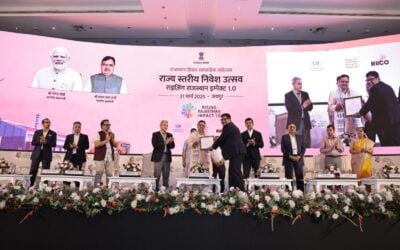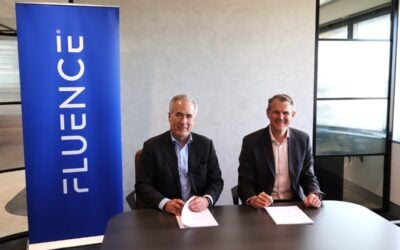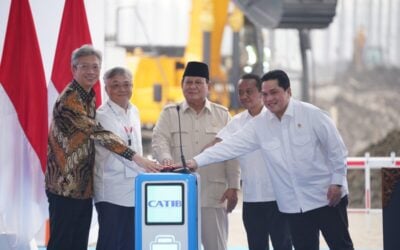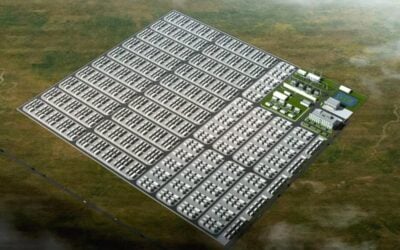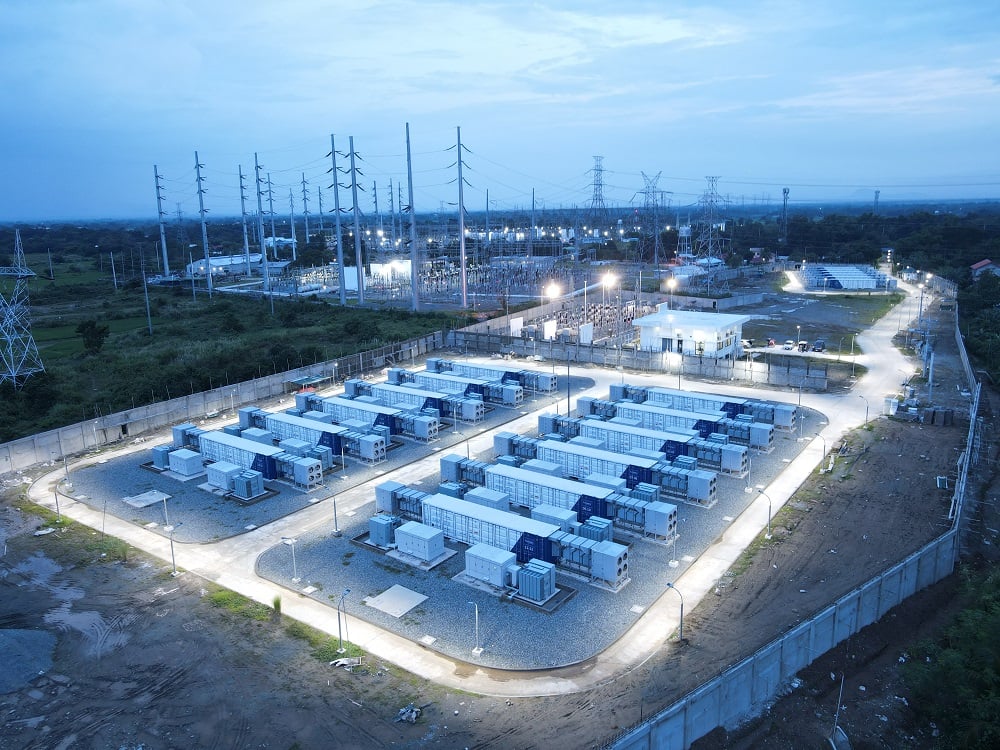
A renewable energy subsidiary of the Philippine conglomerate Lopez Group has contracted for the deployment of battery energy storage system (BESS) resources at three geothermal sites in the country.
Lopez Group is a holding company with investments in various sectors including power and energy, media, property development and manufacturing, established in 1993. Its subsidiary Energy Development Corporation (EDC) is largely focused on developing geothermal energy resources.
Enjoy 12 months of exclusive analysis
- Regular insight and analysis of the industry’s biggest developments
- In-depth interviews with the industry’s leading figures
- Annual digital subscription to the PV Tech Power journal
- Discounts on Solar Media’s portfolio of events, in-person and virtual
While EDC plans to grow its geothermal business further from the reported 60% market share it enjoys in the Philippines, preparing to put more than a billion US dollars into it according to Nikkei Asia, the company is deploying the BESS facilities at three of its existing geothermal sites.
The battery storage plants will have a combined output of 40MW at sites in the city of Sorsogon, the island of Leyte and the municipality of Negros Occidental.
The developer has hired construction engineering company First Balfour to work on the projects. First Balfour is owned by power generation and distribution investment and management company First Philippine Holdings Corporation.
First Balfour’s role includes engineering, procurement and construction (EPC) duties for the complete balance of plant (BOP) and transmission grid-related connection assets (CA). The contracts were signed in early August, but announced publicly on Tuesday (3 October).
It marks the first-ever battery storage project for the company and First Balfour head of estimating Raymond Orbase said that since it was “not the kind of project we typically bid for, the whole team had been very hands-on from conceptualisation until contract closing”.
Fluence will supply the battery storage technology, with the global system integrator and digital energy services provider having already built up a track record in the Southeast Asian country.
The BESS assets will charge from and store energy generated by the geothermal plants at off-peak times, outputting it to the grid when demand peaks again.
In April it completed work on a 470MW portfolio of BESS projects for power company SMC Global Power – another subsidiary of an influential Philippine conglomerate – which brought its total of projects completed in the country to 570MW.
Energy-Storage.news reported this week that Fluence was ranked number one among the top five energy storage system integrators in the world by installed and contracted projects, and second by installed projects as of the end of July 2023, according to analysis and research group S&P. The company also earned two wins at last week’s Energy Storage Awards 2023.
Fluence was among a number of international BESS companies working on SMC Global Power’s portfolio totalling 1,000MW, deployed at existing fossil fuel thermal power plant sites around the Philippines. Its rapid buildout, with more than half commissioned in the year after the first was completed in mid-2021, perhaps speaks to the growth potential of energy storage in the country.
That potential was further hinted at by Philippine president Ferdinand Marcos Jr, when he attended the inauguration of one of those projects earlier this year and described energy storage as having a vital role to play in the energy infrastructure sector.
At this year’s Energy Storage Summit Asia, hosted by our publisher Solar Media in July, attendees learned of the mix of challenges and opportunities ahead of the industry across the continent. One speaker said that energy regulators in the ASEAN region have become enthusiastic towards adopting renewable energy, but that this is yet to be the case for energy storage.
Beni Suryadi of the ASEAN Centre for Energy said that the lack of involvement by regulators in energy storage topics was the biggest challenge for the region’s 10 countries, which include the Philippines.


